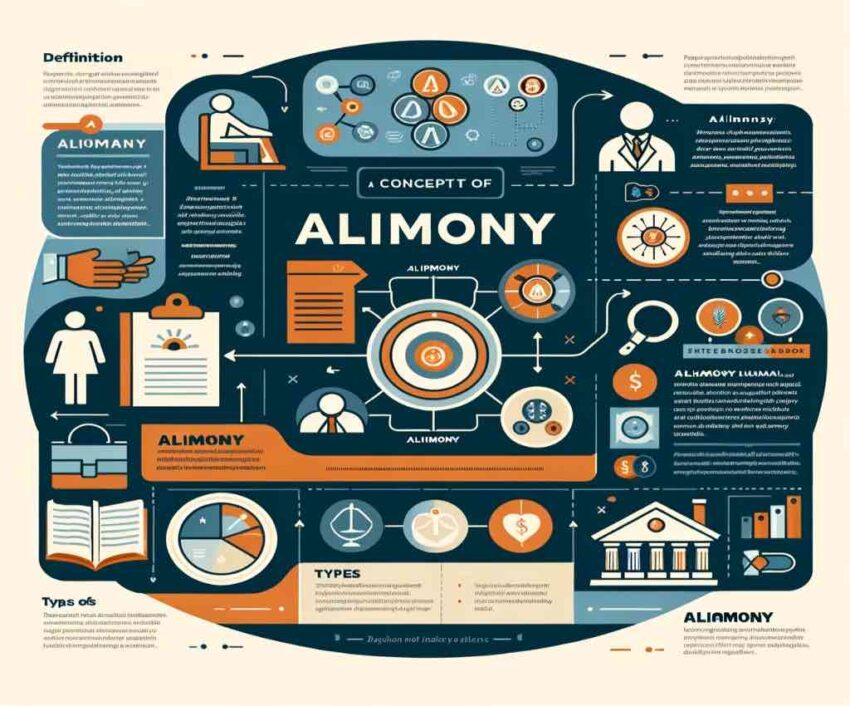Primarily for economic reasons, which may be beyond their control, most people don’t qualify for alimony. Other people qualify under the rules, but they’re only entitled to limited, short-term payments.
Spousal support laws vary significantly in different states. In this post, we’ll examine some general qualifications for alimony that apply in most states. Always consult a local attorney about your legal and financial rights, whether you’re an obligor (person paying alimony) or obligee (person receiving alimony).
What Are Alimony Payments?
The size of the male-female income gap is debatable, but almost everyone agrees that it exists. Spousal support payments close that gap.
Usually, obligees are eligible for one or more types of alimony. Temporary spousal maintenance gives obligees extra money to pay divorce-related expenses. Rehabilitative support requires obligors to help pay for education, job retraining, and other such rehabilitative efforts. Long-term alimony permanently redistributes income between the spouses.
Informal Qualification
This rule is not in any law book, but most judges follow it. Courts are much more likely to award alimony if the obligee fits the alimony profile, which is an income-challenged obligee and a high-earning obligor.
Usually, people are income-challenged because they are disabled or they stopped working to become caregivers. High earning is a relative term that’s difficult to define, but for the most part, we know it when we see it.
Automatic Disqualification Rules
Back in the 1800s, courts only awarded spousal support if the obligor committed adultery or similar marital misconduct. The theory was that the marriage would have continued but for the obligor’s conduct.
Today, about twenty-five states retain the link between marital misconduct and fault in the breakup of the marriage. In some jurisdictions, such as South Carolina, the link works both ways. Spouses who are guilty of marital misconduct, usually adultery or an act of family violence, are ineligible for alimony.
Some states broadly define terms like “adultery” and “family violence.” Other states define them more narrowly, so most acts of infidelity or brutality don’t affect alimony matters.
Economic disqualification is much more common. Usually, the obligee must have an economic need and the obligor must be able to pay. Unless the obligee checks both these boxes, the obligee is disqualified from receiving alimony.
Generally, an economic need is an inability to make money and live above the poverty line. Regarding the ability to pay, most courts consider all the obligor’s income and property, including separate property.
Factors in Awarding Alimony
These factors, which typically determine the amount and duration of payments, apply in most states. They include:
- Relative earning capacity of each spouse,
- Duration of the marriage,
- Standard of living during the marriage,
- Custody of minor children,
- Noneconomic contributions to the marriage, and
- Tax implications.
Alimony disqualification, at least economic disqualification, is subject to modification later, as are the amount and duration of payments, if circumstances materially, unexpectedly, and permanently change.

